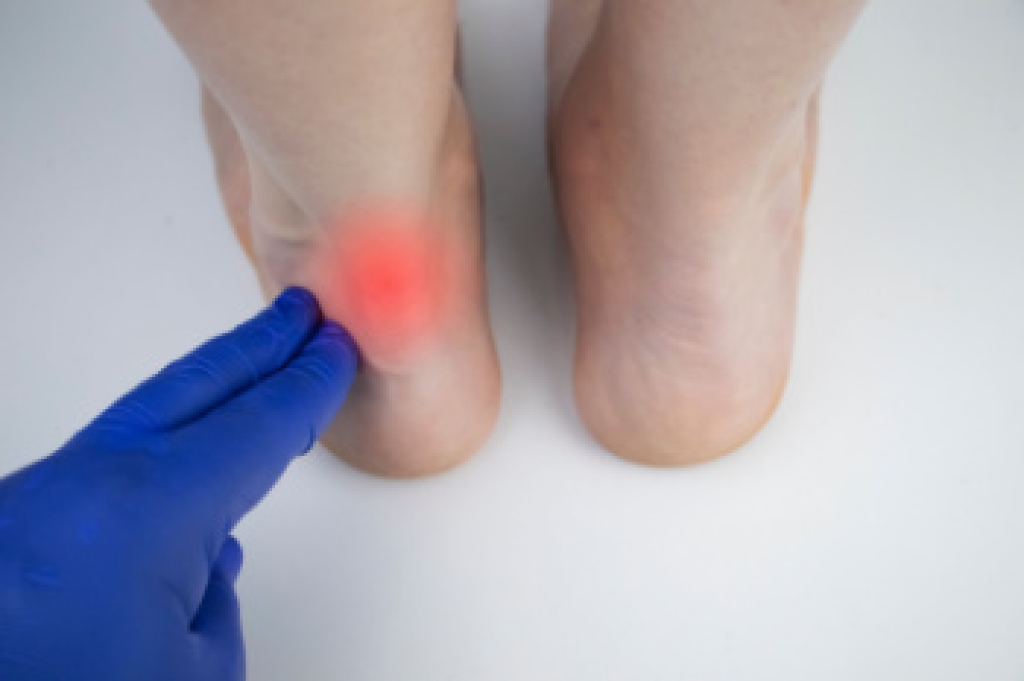
An everyday foot care routine is essential to maintain healthy, comfortable feet and prevent common problems. Daily cleaning with mild soap and water removes dirt and bacteria, while proper drying, especially between the toes, helps prevent fungal infections. Applying moisturizer keeps skin soft and prevents cracks, and regular exfoliation removes dead skin that can build up and cause discomfort. Trimming nails carefully reduces the risk of ingrown toenails and infections. Additionally, poor foot hygiene can lead to athlete’s foot, corns, calluses, fungal infections, and odor. A podiatrist can assess foot health, provide guidance on effective routines, and treat any developing issues. If you have foot or ankle pain for any reason, it is suggested that you consult a podiatrist who can offer effective relief and treatment solutions.
Everyday foot care is very important to prevent infection and other foot ailments. If you need your feet checked, contact one of our podiatrists from Waterbury Podiatry Consultants. Our doctors can provide the care you need to keep you pain-free and on your feet.
Everyday Foot Care
Often, people take care of their bodies, face and hair more so than they do for their feet. But the feet are a very important aspect of our bodies, and one that we should pay more attention to. Without our feet, we would not be able to perform most daily tasks.
It is best to check your feet regularly to make sure there are no new bruises or cuts that you may not have noticed before. For dry feet, moisturizer can easily be a remedy and can be applied as often as necessary to the affected areas. Wearing shoes that fit well can also help you maintain good foot health, as well as making it easier to walk and do daily activities without the stress or pain of ill-fitting shoes, high heels, or even flip flops. Wearing clean socks with closed shoes is important to ensure that sweat and bacteria do not accumulate within the shoe. Clean socks help to prevent Athlete’s foot, fungi problems, bad odors, and can absorb sweat.
If you have any questions, please feel free to contact our offices located in Waterbury and Southington, CT . We offer the newest diagnostic and treatment technologies for all your foot care needs.




